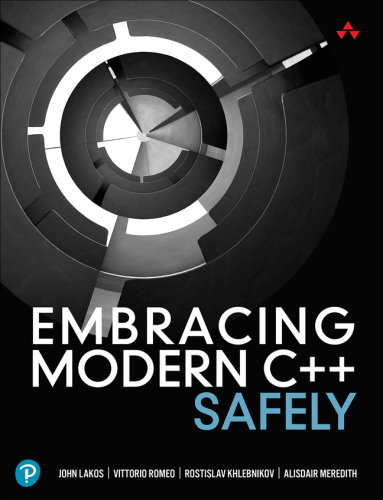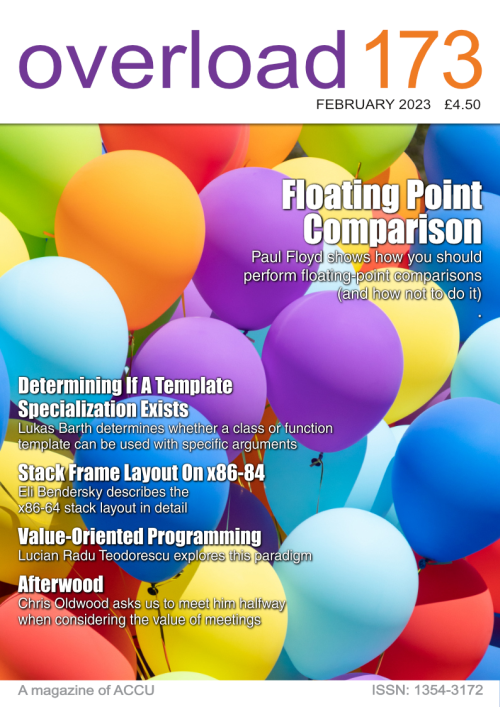Debug Linux Console apps in Visual Studio’s Integrated Terminal -- Sinem Akinci
Visual Studio now comes with support for debugging interactive console applications directly from the IDE.
Debug Linux Console apps in Visual Studio’s Integrated Terminal
By Sinem Akinci
From the article:
Now, using the Linux Console embedded in the Integrated Terminal, Visual Studio supports a fully functional terminal-like experience when debugging Linux applications. This new Linux Console emulates an xterm and can support application screen manipulation; for example, writing screen formatting control characters to stdout or using the ncurses library. Additionally, there is support for vt sequences and keyboard shortcuts such as Ctrl+C application interruption.

 The "Safely Tome" has landed, and we have a review from the author of C++ Stories:
The "Safely Tome" has landed, and we have a review from the author of C++ Stories:
 C++23 is done!
C++23 is done! That little extra we might equip builder classes with:
That little extra we might equip builder classes with: